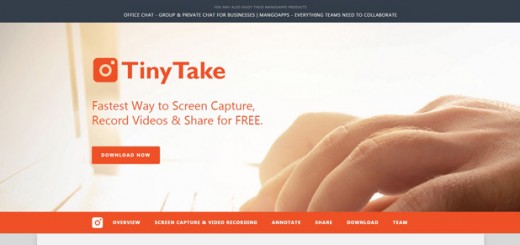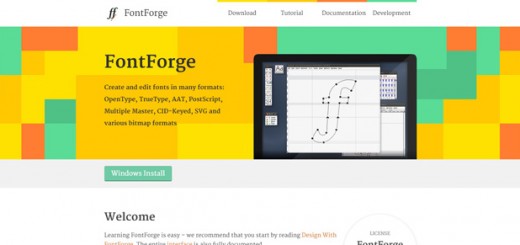We are back with another roundup of great resources for web developers and designers. This article includes variety of tools and resources that can be useful for working with you next projects. This roundup consists WordPress plugins, JavaScript libraries, frameworks, open source tools, data visualization tools, search engine and much more.
Take a look at the following tools and let us know which one is your favorite by posting a comment below. If you know some other handy resources please comment below, we would definitely add them into the list.
1. Zulip
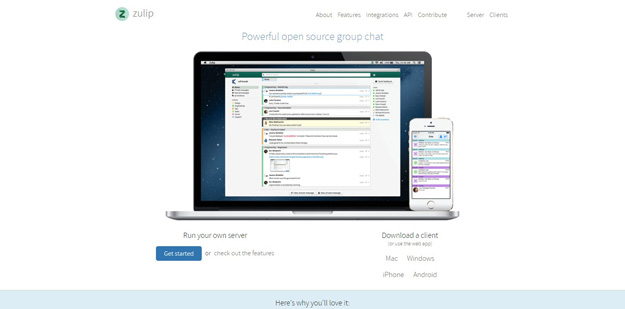
Zulip is a powerful open source group chat. Every conversation in Zulip has a topic, so it’s easy to keep conversations straight. Zulip makes it easy to review the conversations you missed, so you can focus on that important project without having to catch up on how Jim’s guitar lessons are going. Zulip’s Gmail-style search will delight you with how quickly you can find exactly what you’re looking for.
2. Datamaps.co
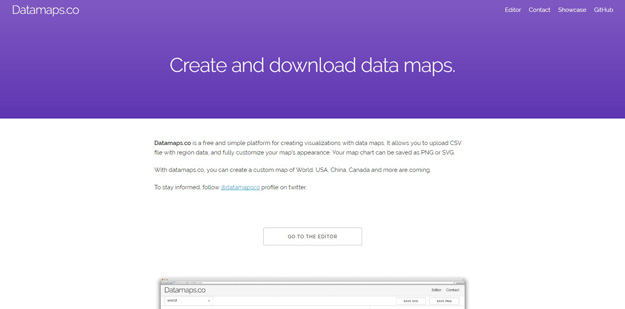
Datamaps.co is a free and simple platform for creating visualizations with data maps. It allows you to upload CSV file with region data, and fully customize your map’s appearance. Your map chart can be saved as PNG or SVG. With datamaps.co, you can create a custom map of World, USA, China, Canada and more are coming.
3. Algolia Places
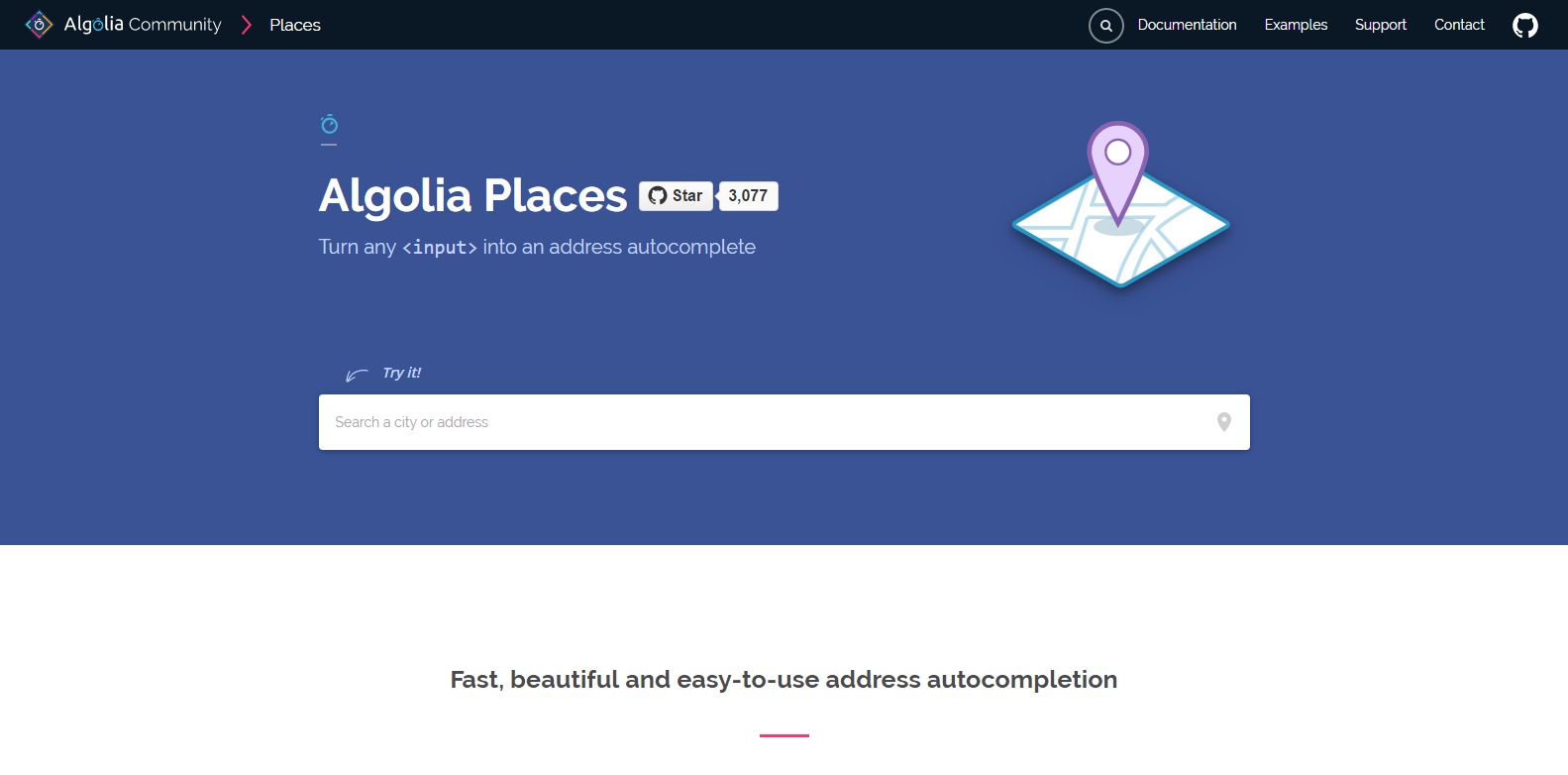
Algolia Places is a fast, beautiful and easy-to-use address autocompletion. Algolia Places provides a fast, distributed and easy way to use an address search autocomplete JavaScript library on your website. It has been designed to improve the user experience of your HTML forms. It harnesses OpenStreetMap’s impressive open source database of worldwide places.
4. Hospitalrun
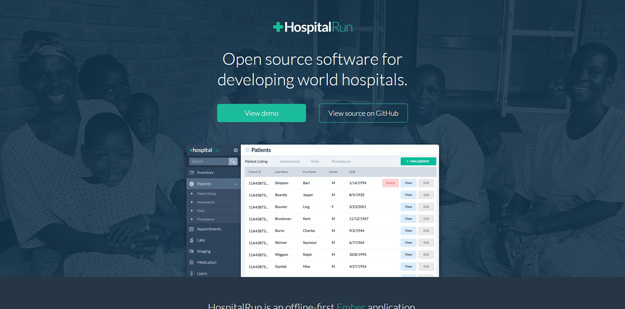
HospitalRun is an open source project, aimed at delivering modern software for healthcare facilities in the developing world. It utilizes modern browser-based software design and a user-friendly interface to create an intuitive system. It is also architected to deal with the issues of Internet reliability in a developing world context and is designed to allow records to be securely carried outside of the hospital for mobile clinic activities.
5. Solr
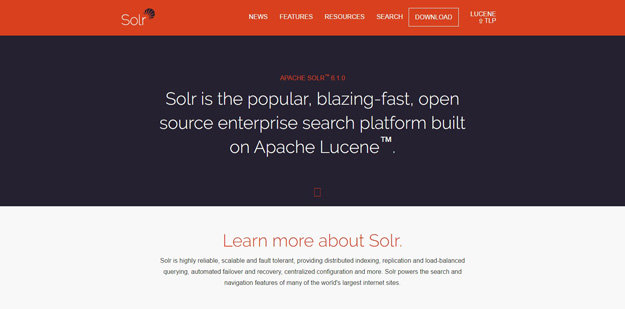
Solr is the popular, blazing-fast, open source enterprise search platform built on Apache Lucene. It is highly reliable, scalable and fault tolerant, providing distributed indexing, replication and load-balanced querying, automated failover and recovery, centralized configuration and more. Solr powers the search and navigation features of many of the world’s largest internet sites.
6. Cutestrap
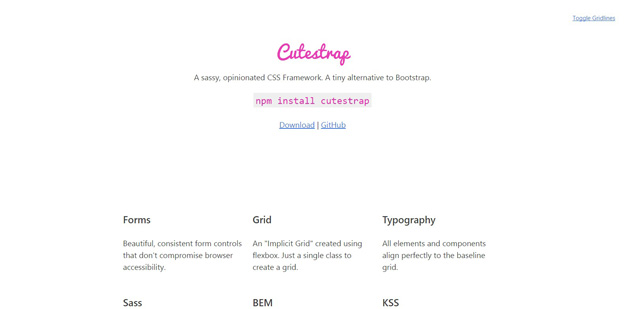
Cutestrap is a sassy, opinionated CSS Framework. A tiny alternative to Bootstrap. It supports Vertical Rhythm, Consistent pattern for form fields, 8kb minified, Smart defaults for all default elements (Conventional), CSS specificity is very low in the class hierarchy (Configurable), Solid foundation for a living styleguide using KSS. It is released under MIT License.
7. Elementor Page Builder
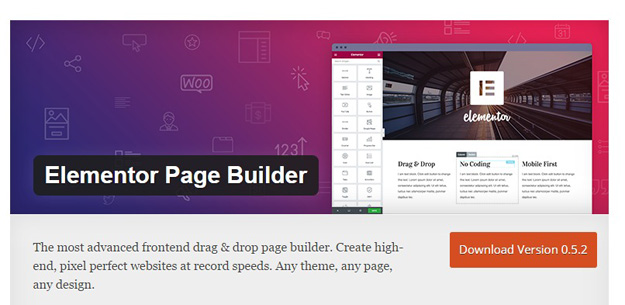
Elementor is a WordPress plugin that allows you to build web layouts with drag-n-drop. With Elementor, you can build a more compelling layout. It is responsive, fully customizable and user-friendly.
8. Tailor
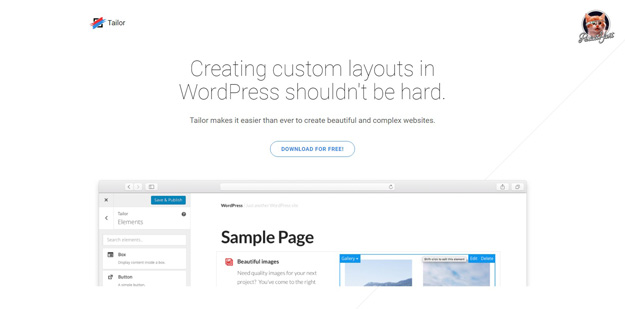
Tailor makes it easier than ever to create beautiful and complex websites. You can create complex layouts by simply dragging and dropping elements relative to one another; customize with minimal clicks. Even elaborate layouts will respond appropriately to the screen size on which they are viewed. Your website will look great on any device.
9. SyntaxDB
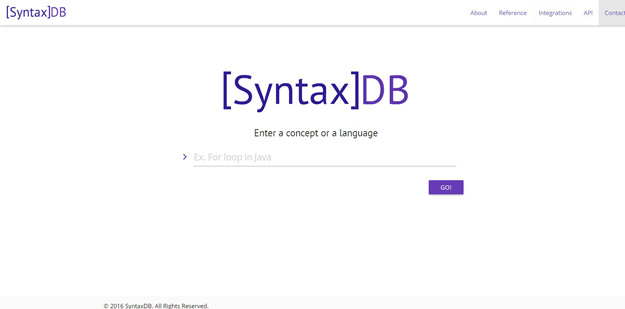
SyntaxDB is a search engine for searching programming language syntax. It currently supports a number of languages, including Java, C, Ruby, JavaScript and Python. This could be the ultimate search engine for developers as the database and language support grows.
10. Fathom
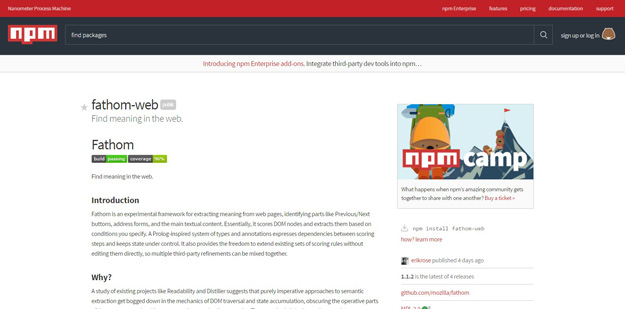
Fathom is an experimental framework for extracting meaning from web pages, identifying parts like Previous/Next buttons, address forms, and the main textual content. Essentially, it scores DOM nodes and extracts them based on conditions you specify. A Prolog-inspired system of types and annotations expresses dependencies between scoring steps and keeps state under control. It also provides the freedom to extend existing sets of scoring rules without editing them directly, so multiple third-party refinements can be mixed together.
11. BarbaJS
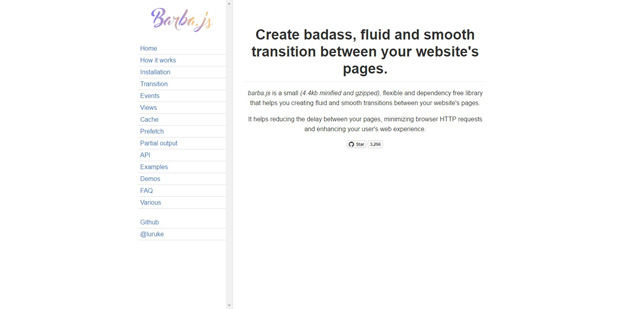
Barba.js is a small (4.4kb minified and gzipped), flexible and dependency free library that helps you creating fluid and smooth transitions between your website’s pages. It helps reducing the delay between your pages, minimizing browser HTTP requests and enhancing your user’s web experience.
12. CloudRail
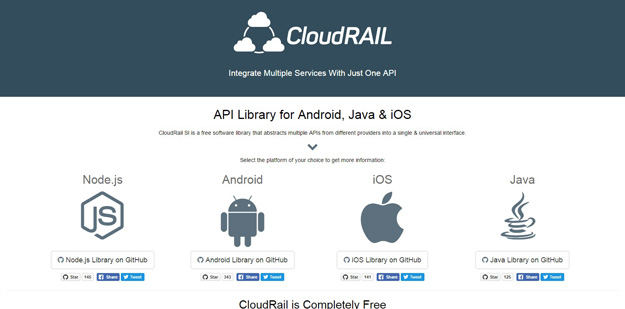
CloudRail is an API library for Android, Java, and iOS that lets you integrate multiple services with just one API. It’s completely free for both personal and commercial projects.
13. Jenkins
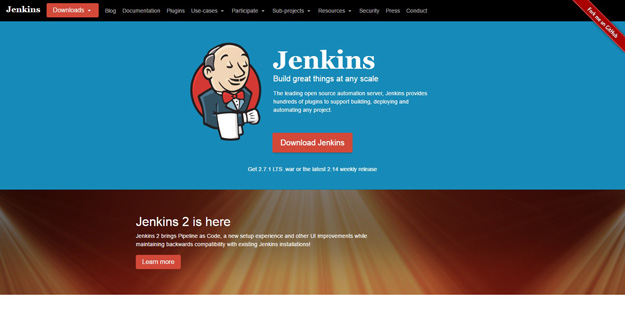
Jenkins is an open source automation server. It provides hundreds of plugins to support building, deploying and automating any project. Jenkins is a self-contained Java-based program, ready to run out-of-the-box, with packages for Windows, Mac OS X and other Unix-like operating systems. Jenkins can be easily set up and configured via its web interface, which includes on-the-fly error checks and built-in help.
14. Lerna
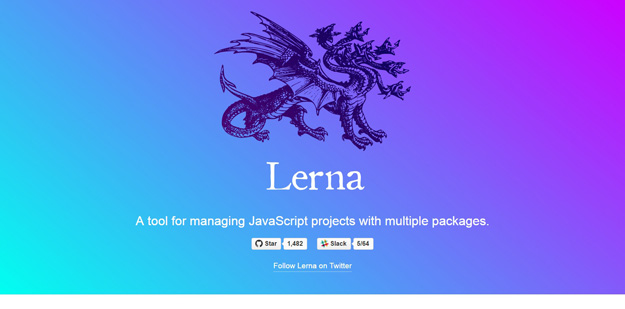
Lerna is a tool for managing JavaScript projects with multiple packages. It optimizes the workflow around managing multi-package repositories with git and npm.
15. Tocbot
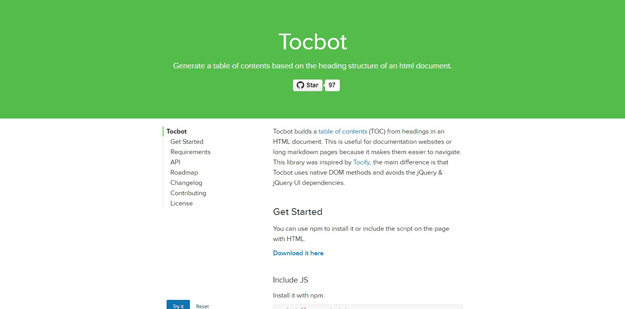
Tocbot is a table of contents generator that uses the heading structure of an HTML document to create your TOC. It makes documentation websites or long markdown pages easier to navigate and more useful.
16. Lighthouse
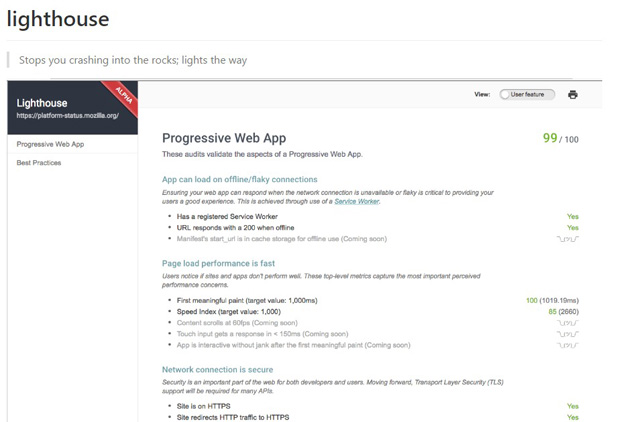
Lighthouse provides auditing and performance metrics for Progressive Web Apps. It’s available as a Chrome extension or CLI.
17. Drizzle
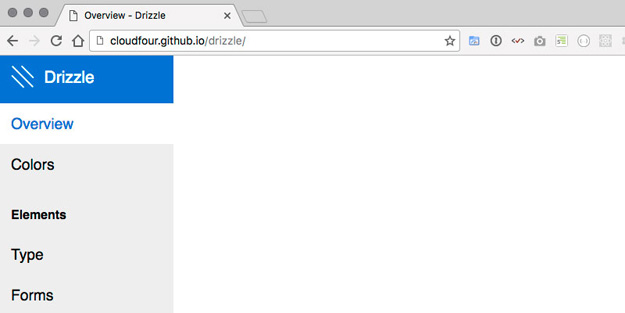
Drizzle is a streamlined tool for the development, documentation, and presentation of UI pattern libraries. It’s built on Node.js.
18. Full Stack Python
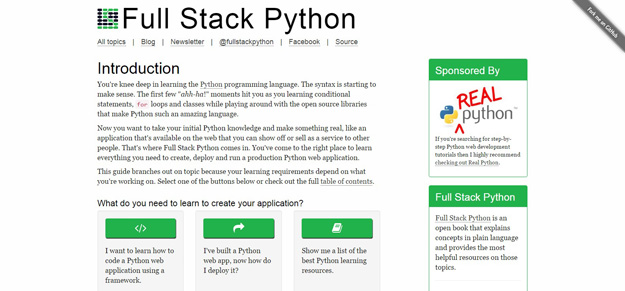
Full Stack Python is a comprehensive resource for learning Python. It includes a section on building apps with frameworks, deploying web apps, and lists of the best resources for learning.
19. Iris
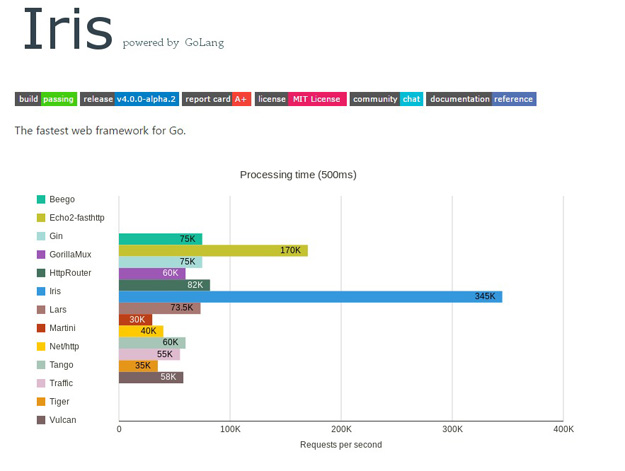
Iris is the fastest web framework available for Go. It focuses on high performance, has a highly scalable Websocket API with custom events, and more.
20. Michelangelo Styleguide
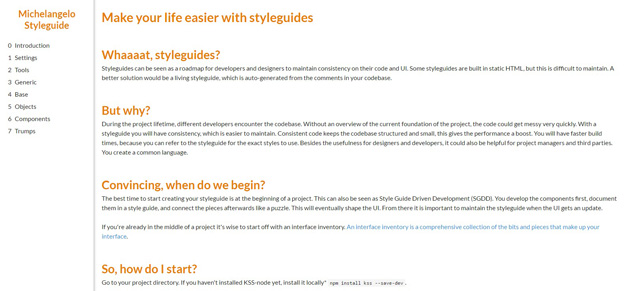
Michelangelo Styleguide is a living styleguide that updates based on the comments in your codebase. Styleguides give consistency and make your code easier to maintain.

